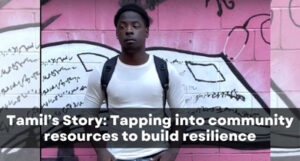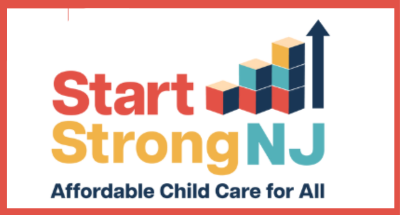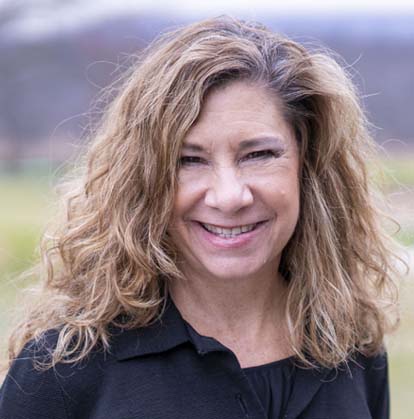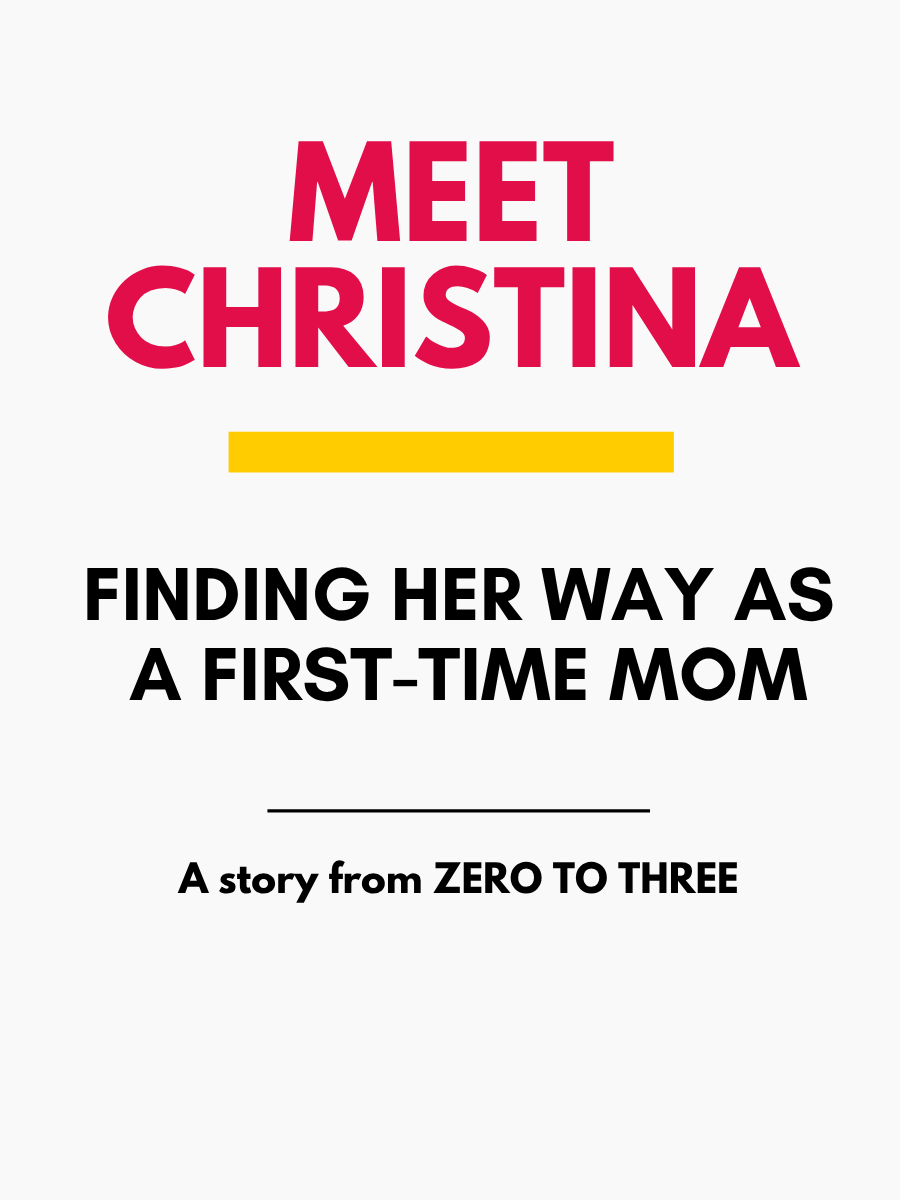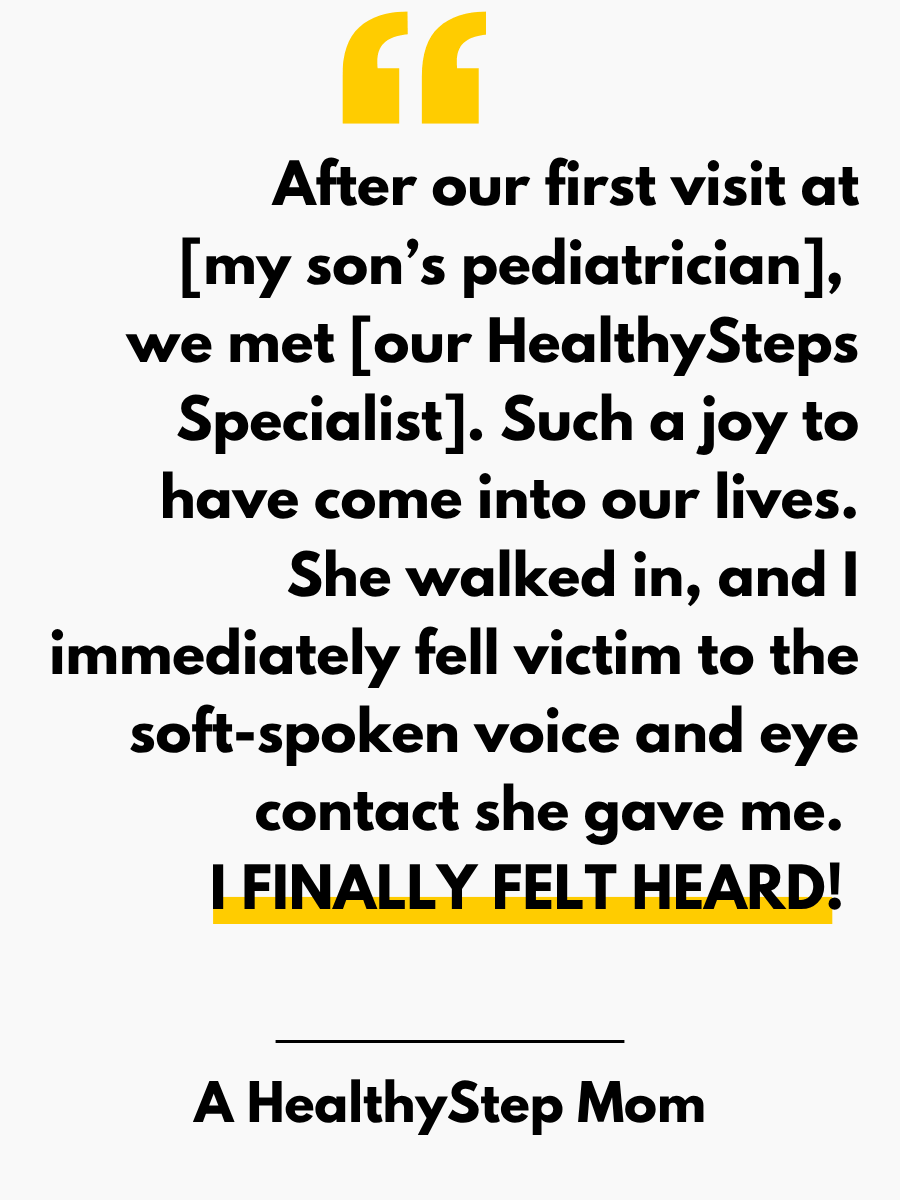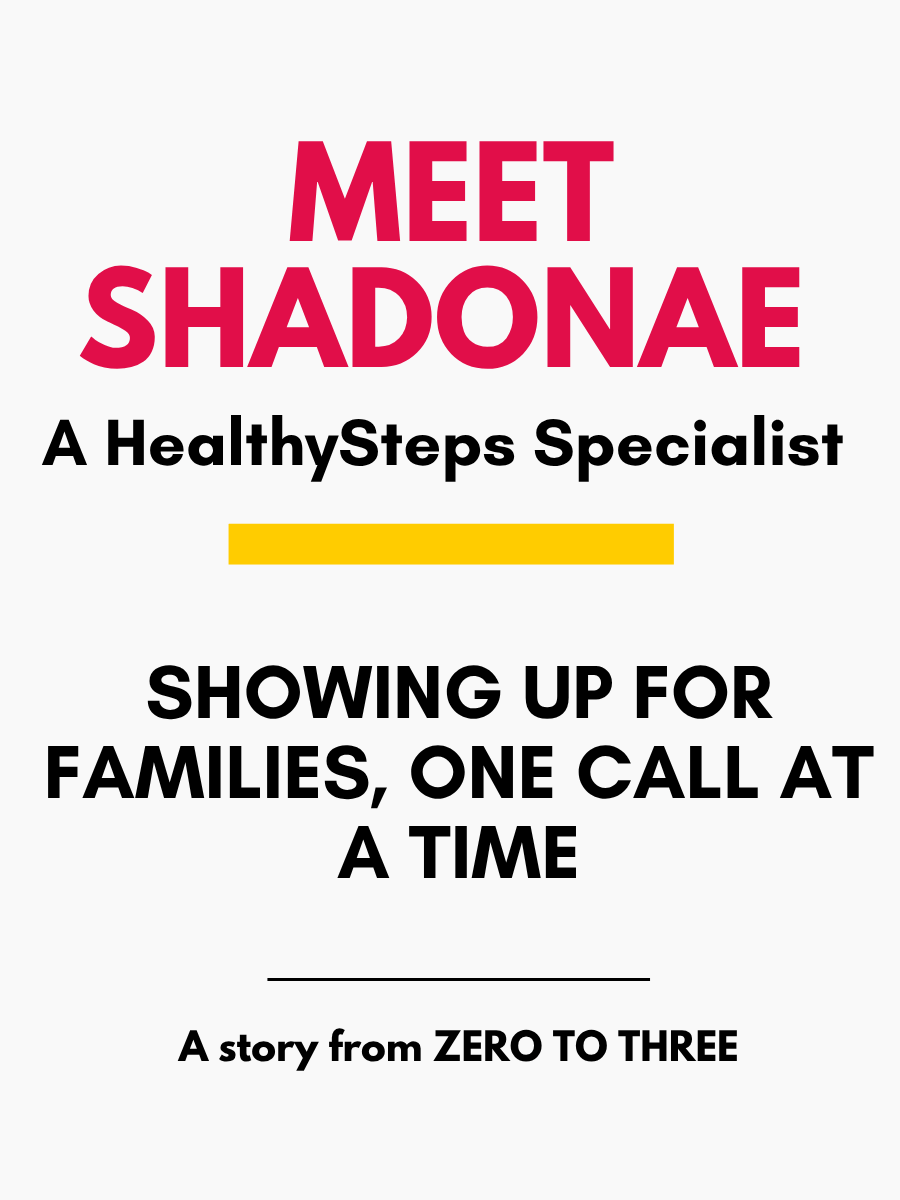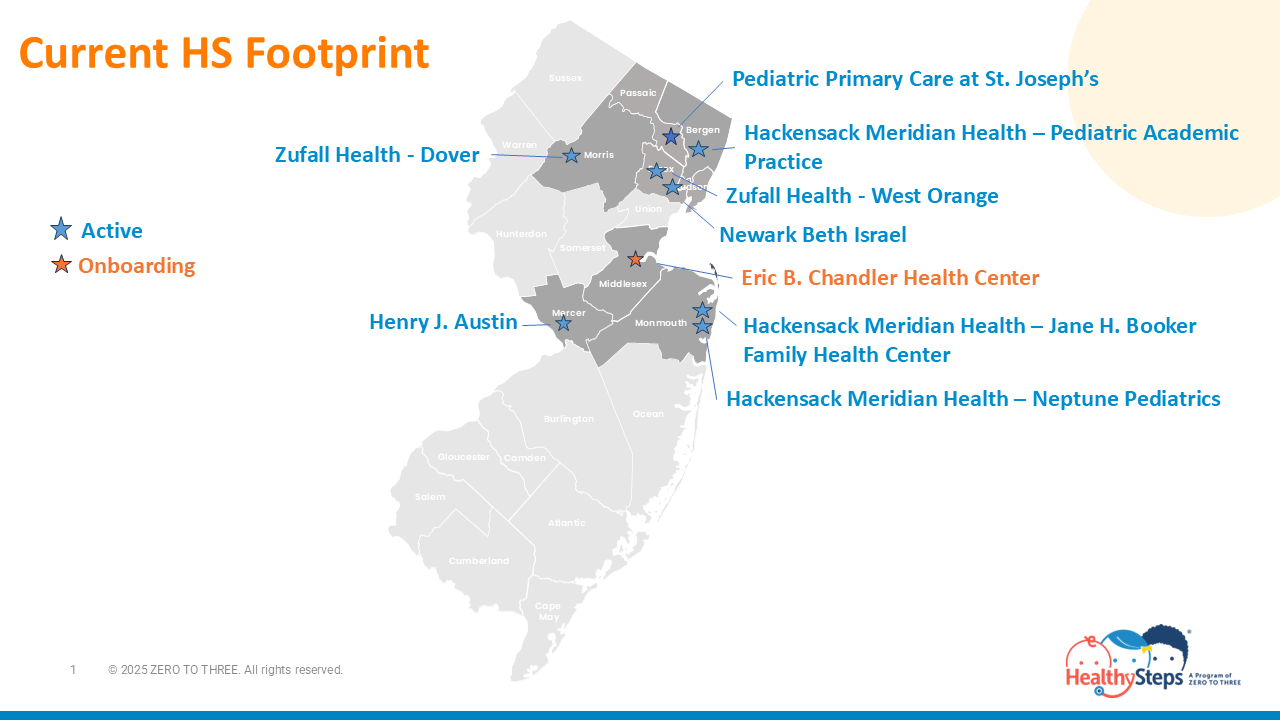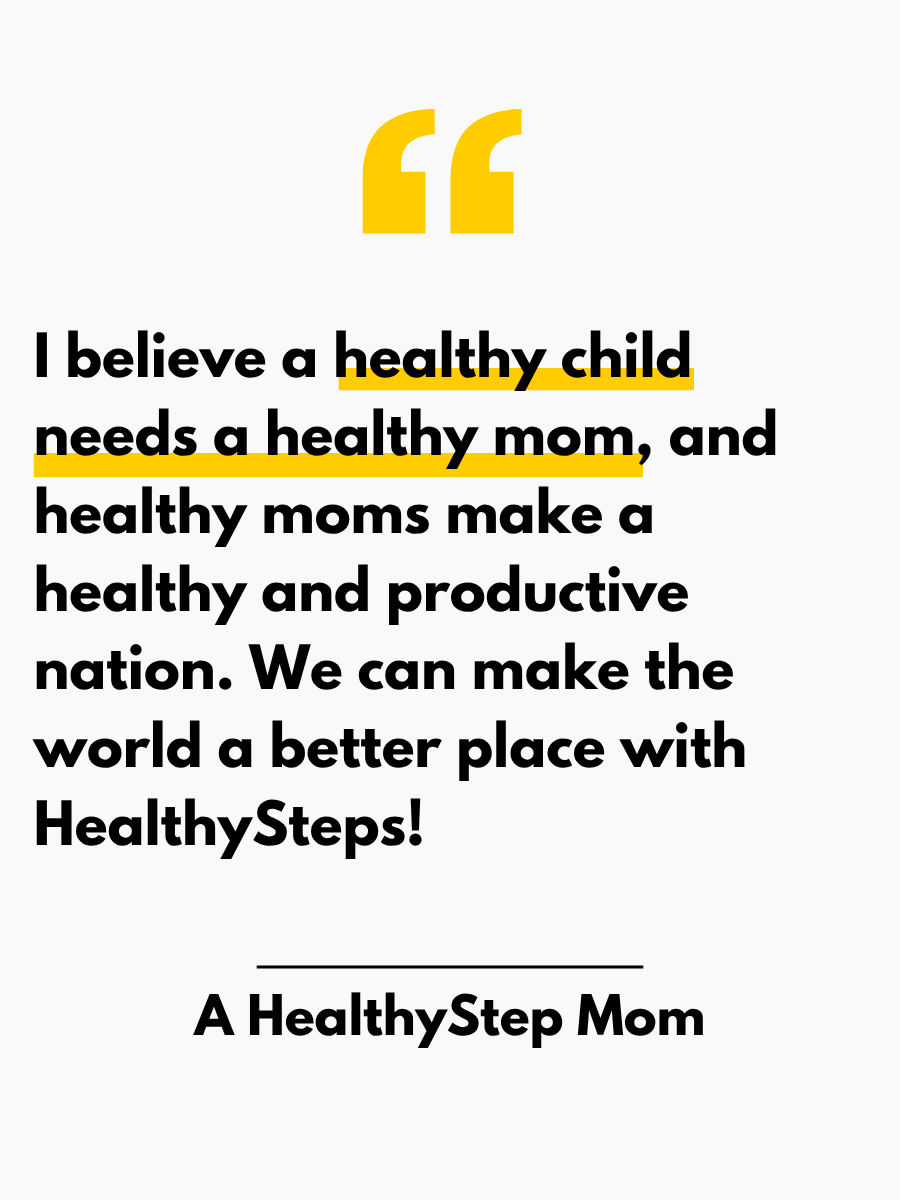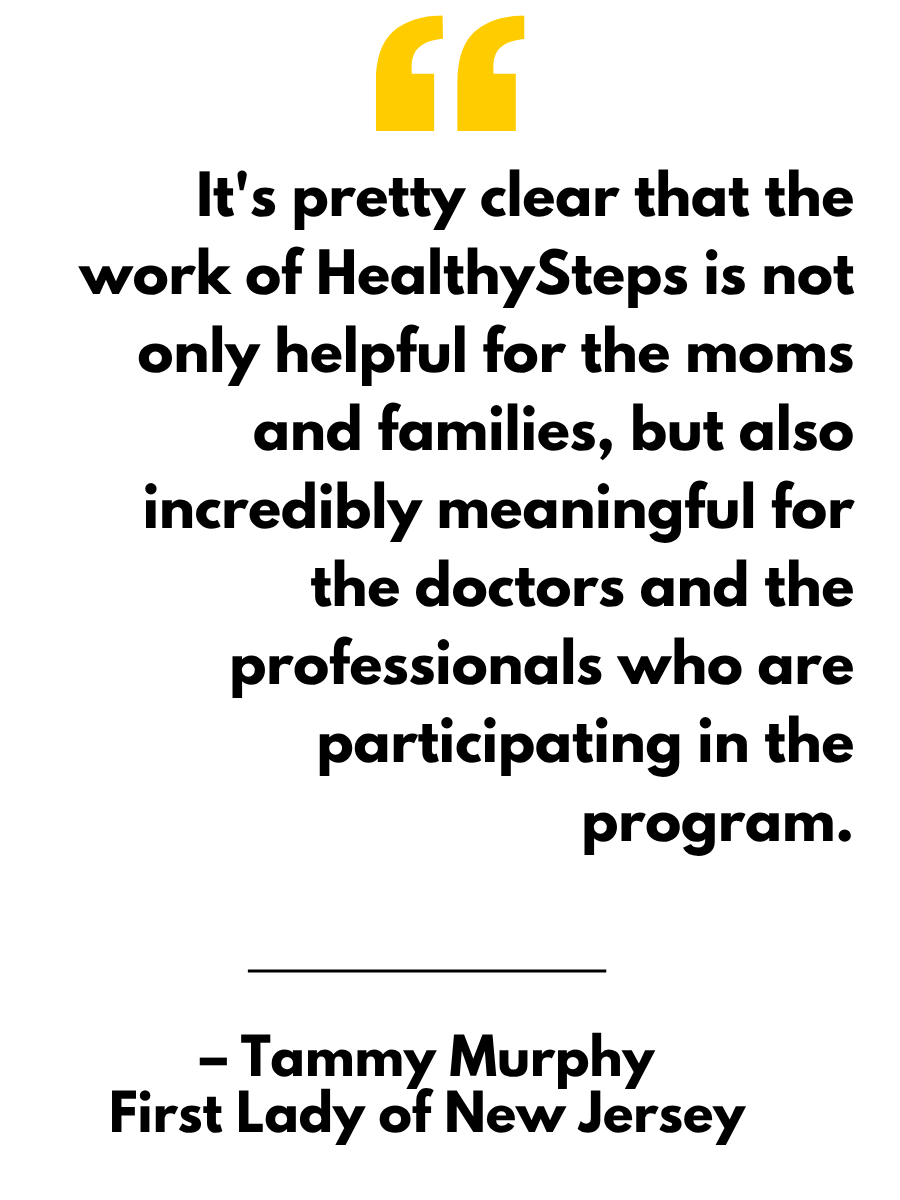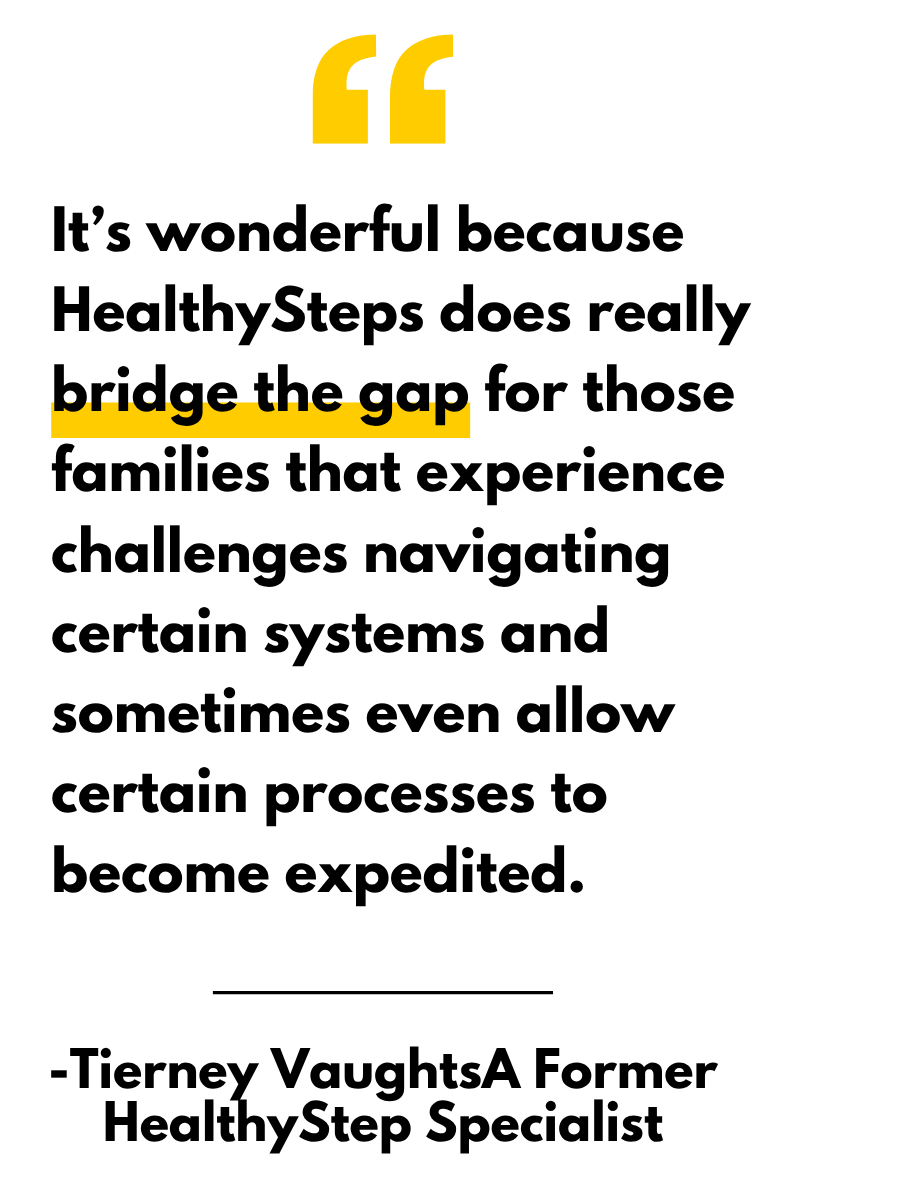The conference was created in response to the growing challenges community-based providers face as they work to deliver high-quality public preschool opportunities for children and families. Workshops included enrollment strategies, marketing, teacher retention, budget planning, certification requirements, and strengthening school district partnerships. View conference brochure.
Despite being essential partners in New Jersey’s mixed-delivery system, many providers struggle with issues of inequitable funding, workforce shortages, unclear communication from state and local agencies, and barriers to full inclusion within the state-funded pre-K system.
“The success of New Jersey’s public preschool system depends on the health and sustainability of community-based programs. Families deserve consistent, high-quality options, and that can only happen when every provider—public and private—is supported, valued, and equipped to thrive,” said Dr. Winifred Smith-Jenkins, Director of Early Childhood Policy and Advocacy at Advocates for Children of New Jersey, one of the co-organizers of the event.
“We want attendees to walk away feeling empowered, connected, and hopeful—with a clearer understanding of their collective power to influence policy, a renewed sense of partnership with state leaders, and concrete strategies to sustain and strengthen their programs. Most importantly, we want them to leave knowing their voices matter and that together, we can build a bold, equitable vision for the future of public preschool in New Jersey.”
Currently, only a third of pre-K students are enrolled in community-based child care centers or Head Start programs, meaning districts are missing a critical opportunity to expand access while strengthening the existing child care infrastructure.
“When you think about the amount of money that the state of New Jersey has invested in our youngest learners, it comes to $1,269,388,762. That's a lot of money. But it's still not enough because we're still not reaching 100% of the universe of young people,” said NJ Department of Education Assistant Commissioner Katrina McCombs who delivered opening remarks.
The conference was designed to give providers a unified space to be heard, to learn from one another, and to work collaboratively toward solutions that will strengthen the entire early childhood landscape.
“This conference is about partnership—because when community-based providers and the Department of Education come together, we create a shared vision for what’s possible. Together, we can build the systems and relationships that ensure every child in New Jersey can Start Strong,” said Meghan Tavormina, Director of Public Policy and Advocacy at the New Jersey Association for the Education of Young Children (NJAEYC), one of the co-organizers of the event. NJAEYC and ACNJ also co-chair Start Strong NJ, a campaign of the First 1,000 Days NJ Policy Coalition, bringing together business leaders, policymakers, providers, parents, and advocates committed to making affordable, high-quality child care available to every family in the state.
New Jersey's commitment to universal pre-K has enabled more than 60,000 3- and 4-year-olds access to full-day public preschool. Yet, to give thousands more children a strong start, school districts can leverage a mixed-delivery approach, which partners with community child care centers and Head Start programs to offer preschool within their existing classrooms. These providers do not just offer quality early learning—they provide the wraparound care working families depend on, including before-school, after-school, and summer programs, and many other family supports.

